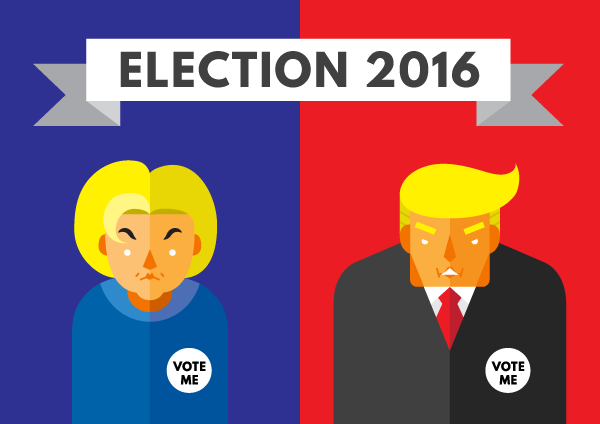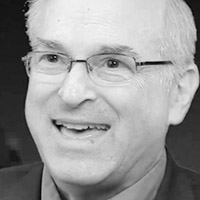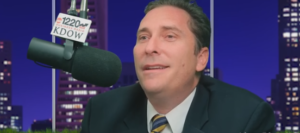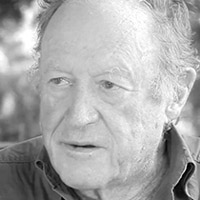Trump vs. Clinton and the Tax Plans We Could End Up With

If someone asked you to explain the differences between the two presidential candidates’ tax plans would you be able give a clear explanation? If you answered “no” most likely you aren’t alone. It’s not uncommon during a presidential election for most voters to be confused at what the candidates are actually promising or proposing. With so much back-and-forth rhetoric, it’s hard to know what each candidate really has in store.
According to Donald Trump, he wants to reduce taxes for everyone in America, especially middle-income Americans. According to numerous reports, Mr. Trump’s plan would reduce the tax system to just three tax brackets, with the top rate dropping from its current mark of 39.6 percent down to 33 percent. He also said that the wealthy would still pay their fair share, but not so much that it hinders the country’s ability to compete.
On the other hand, Hilary Clinton has yet to describe in detail what her tax plans for the middle class would be, or how they would be affected. However, she has made it clear that she wants to raise taxes on the ultra wealthy. Mrs. Clinton has stated that she wants anyone who makes more than a million dollars a year to pay a minimum of 30 percent, whether it’s from income or from capital gains. She would also like anyone who makes more than $5 million to pay an extra 4 percent.
Under Mrs. Clinton’s plan the top 1 percent would end up paying three-fourth’s of the additional taxes being collected, whereas under Mr. Trump’s plan the wealthy would be getting a tax cut of about 5.3 percent. Meantime, both candidates reportedly agree on eliminating the carried interest loophole that offers hedge fund managers a heavily discounted tax rate. Lastly, Mr. Trump wants to eliminate the estate tax completely, while Mrs. Clinton wants to raise it, as well as lower the threshold at which it starts to apply.
http://www.npr.org/2016/09/12/493573601/do-hillary-clinton-and-donald-trumps-tax-proposals-add-up
Intel Chief Economist | Paul Thomas
About Paul Thomas Paul Thomas is chief economist and manager of market sizing and forecasting at Intel Corporation in Santa Clara, Calif. He joined Intel in December, 2004, after working at Continental Airlines in Houston, Texas, from 1997 to 2004 and as chief economist from 2001 to 2004. Paul was senior economist at Douglas Aircraft…
Immigration Law | Jake Lipman
About Jake Lipman Jake Lipman has practiced immigration law for over ten years. His practice focuses on employment-based immigration, counseling employers in complex immigration practice and policy concerns. Over the years, he has supported multinational and domestic organizations of all sizes and from every major industry. Jakob has lectured on immigration-related subjects in a variety…
Disruptive Business Education | Manoj Fernando
About Manoj Fernando Through his global work experience, including six Silicon Valley startups, Manoj has learned much about business and entrepreneurship — often the hard way. When he had the opportunity to teach Executive MBA students he realized he was lacking in real-life business education. In particular, the relevant basic building blocks of Silicon Valley’s…
Factors of Success | Leigh Perkins
About Leigh Perkins Hunting big game in India, Morocco, and Scotland, Orvis Chairman Leigh Perkins has dedicated his life to outdoor sporting pursuits. His passion extends well beyond mere participation, however; Perkins has been one of the sporting life’s great ambassadors, sharing his passion with everyone within reach, from working people to presidents. Under Perkins’…




